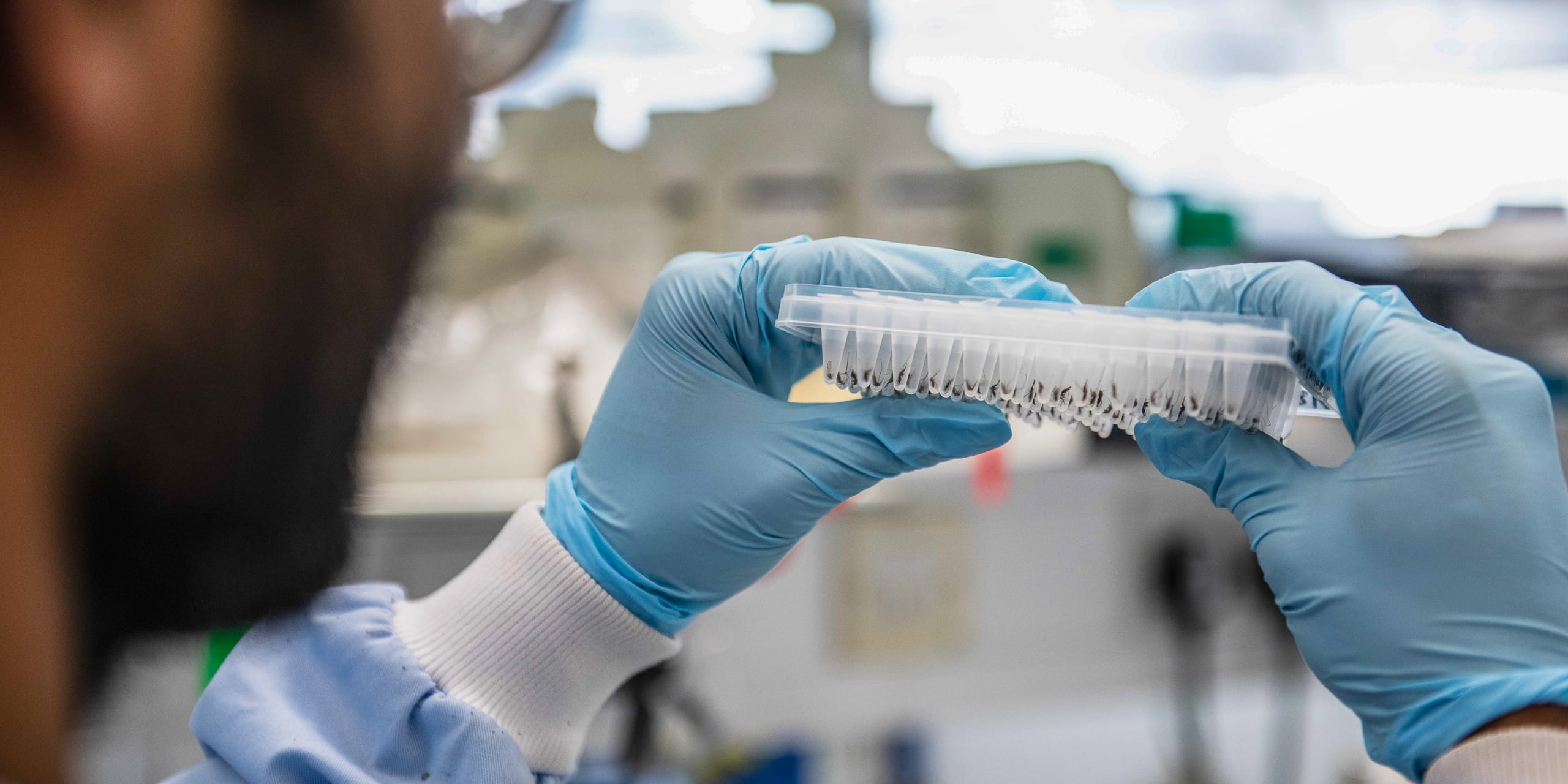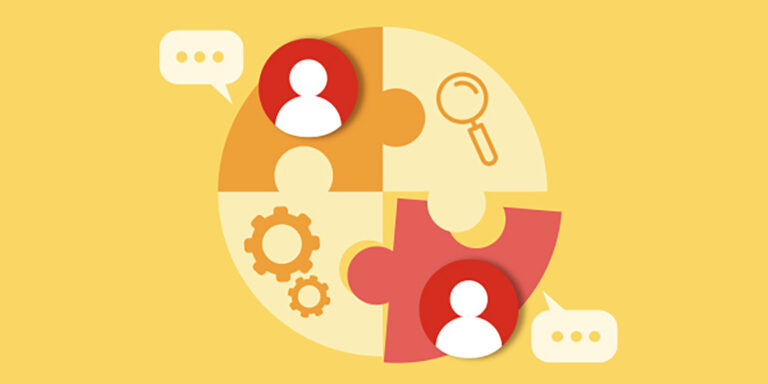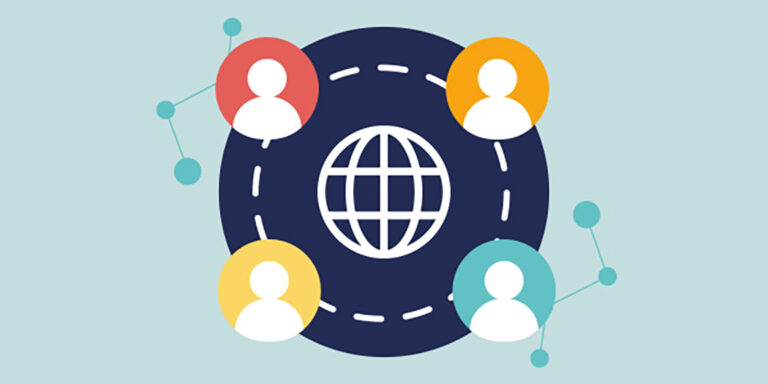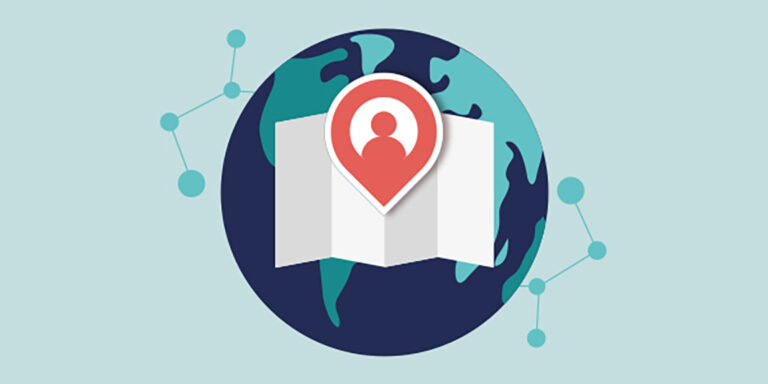Why genomic surveillance?
Malaria is a complex disease. It’s caused by a parasite and carried between humans by mosquitoes. There are several species of human malaria parasites, thousands of species of mosquito (only a few dozen of which can carry malaria), and many human genes that can affect how susceptible we are to different malarias. Add to this a constantly shifting landscape of land use, climate change, migration, and selection pressures from drugs and insecticides, and the picture becomes even messier.
Genomics can help us make sense of the changes in disease patterns that are observed. By sequencing thousands of parasites, mosquitoes, and humans, we can tell what makes some people more resistant to severe malaria than others. We can spot insecticide resistance in mosquitoes before treated bednets fail. We can tell when and where our drugs aren’t working because of parasite drug resistance. Large genomic datasets also let us find new targets for drugs, vaccines, and insecticides.
Building surveillance infrastructure is key, because each link in the chain of transmission — human, parasite, and mosquito — is evolving. That means an intervention that works today may lose effectiveness in a few years’ time.
Where do we work?
MalariaGEN partners are based in 40+ countries around the world, mostly in areas where malaria is endemic. Through partner studies, the network collects and curates data from samples taken in hundreds of locations around the world. Since 2021, network coordination has been based out of the Wellcome Sanger Institute, in the UK.
Who are we?
MalariaGEN is fundamentally a data-sharing network, with over 200 partners around the world. We are scientists, public health professionals, clinicians, parasitologists, entomologists, communicators, and community-builders.
The team based at the Wellcome Sanger Institute includes staff responsible for supporting the MalariaGEN community, communicating findings, building data pipelines, and receiving and processing samples.
Parasite
We extract and curate high-quality genetic data from P. falciparum and P. vivax samples, transforming it into accessible resources for research and public health.
Mosquito
Whole genome sequencing of malaria-transmitting mosquito specimens provides an insight into their exceptional diversity and informs control programme decisions.
Human
The MalariaGEN Consortium, established in 2005, developed the ethics and principles we use today through its research on human genetics and severe malaria.



